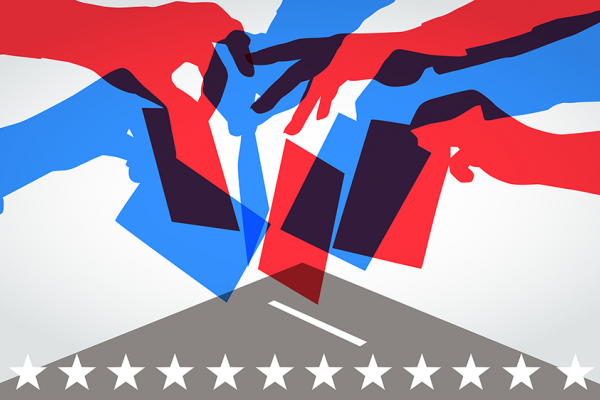WHAT MAKES THE parable of the good Samaritan so iconic and powerful? There’s a lesson about helping others in need, sure. But as Jesus taught a few chapters earlier, everybody helps those in their inner circle or who can pay them back (Luke 6:32-34). No, the point of the good Samaritan parable (Luke 10:25-37) is that really “loving our neighbor” looks like tangible service, at some cost to ourselves, even when it’s someone outside our ethno-religious group. “Good Samaritans” are the sorts of people Jesus wants to present to the world to say, “These are my representatives.”
These days, there’s tremendous concern about the rise of “white Christian nationalism,” and with good reason. I’ve spent nearly a decade documenting the impact of this ideology—the belief that America has been and should always be for “Christians like us”—on Americans’ political views and behaviors. The results are alarming. But one potential risk of our being genuinely concerned about the real threat of Christian nationalism is that young Christians can feel like any political participation is tainted or suspect—we wouldn’t want to be Christian nationalists, after all. On the contrary, Christian political involvement can be a tremendous witness when we think about what it means to be good Samaritans today.
Americans who subscribe to white Christian nationalism think in terms of in-groups and hierarchies. They believe their group made the nation prosperous and that their cultural and political power is being threatened by ethnic and religious outsiders, such as immigrants, Muslims, secular persons, LGBTQ persons, and those who challenge the racial status quo like Black Lives Matter. Because of this, the political goals of white Christian nationalism are fundamentally anti-pluralist and anti-democratic. The goal isn’t to include more voices; the goal is power for “us.”
Read the Full Article

